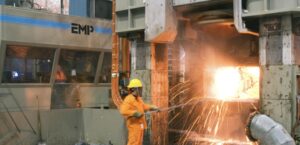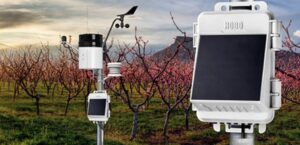Key Enterprise Resource Planning Features to Look For

Enterprise resource planning (ERP) software can do a lot for your business, whether it is a one-outlet operation or a global corporation. The overall function of an ERP is to streamline business operations.
The ERP platform makes it possible to share all types of data between different departments within the same business. In turn, that makes it possible to pro-actively solve problems and eliminate the guesswork of who has what information.
The typical ERP platform can help businesses achieve many great outcomes. In order to achieve that success, it’s important to consider which features of typical ERP software platform will be important to your business, which will be used the most and the least, and whether you can customize an ERP to your needs.
What Does an ERP System Do?
An ERP system integrates and standardizes business processes across all of a company’s different departments. The integration occurs, in part, by having all departments use the same software platform. That gives all departments the same data with the same definitions or meanings.
It also means different departments in the same business are synchronized, meaning the same information is supplied to all departments at the same time. And speaking of time, data in the system is as close to real-time as possible.
What ERP Features Should You Look For?
- You should implement an ERP system that is both flexible and scalable. In both cases, the ERP system needs to grow with your business. If your business branches out into new markets, with new functions, the system has to be flexible. As your business grows, the system must be scalable to handle more processes and new or different types of data. You’ll need a system that is fully customizable for your business.
- You will want an ERP system that is accessible by mobile devices, especially for “on-the-road” visibility into your business, which may be useful to your sales teams or other departments where travel is frequent. Mobile systems are also extremely to workers on the factory floor, where mobility and agility are essential to optimizing and maintaining operations and flow. The system dashboard is one of the key items of the platform that must be accessible while away from the office. And, it’s important to think about whether the system will allow entering and storing data at the same time.
Other considerations include customer testimonials for the system you’re examining. One of the more critical points to look for is what people had to say about the team that configured and implemented the system. Be cautious of any criticisms and consider whether you could see those things happening within your company.
To learn more about how ERP systems can simplify your business functions, download our e-book.
Similar Blogs

Chips, drugs, and steel — how to prepare for Trump tariffs

How Steel Manufacturers Forge Ahead with Infor CloudSuite Industrial ERP





